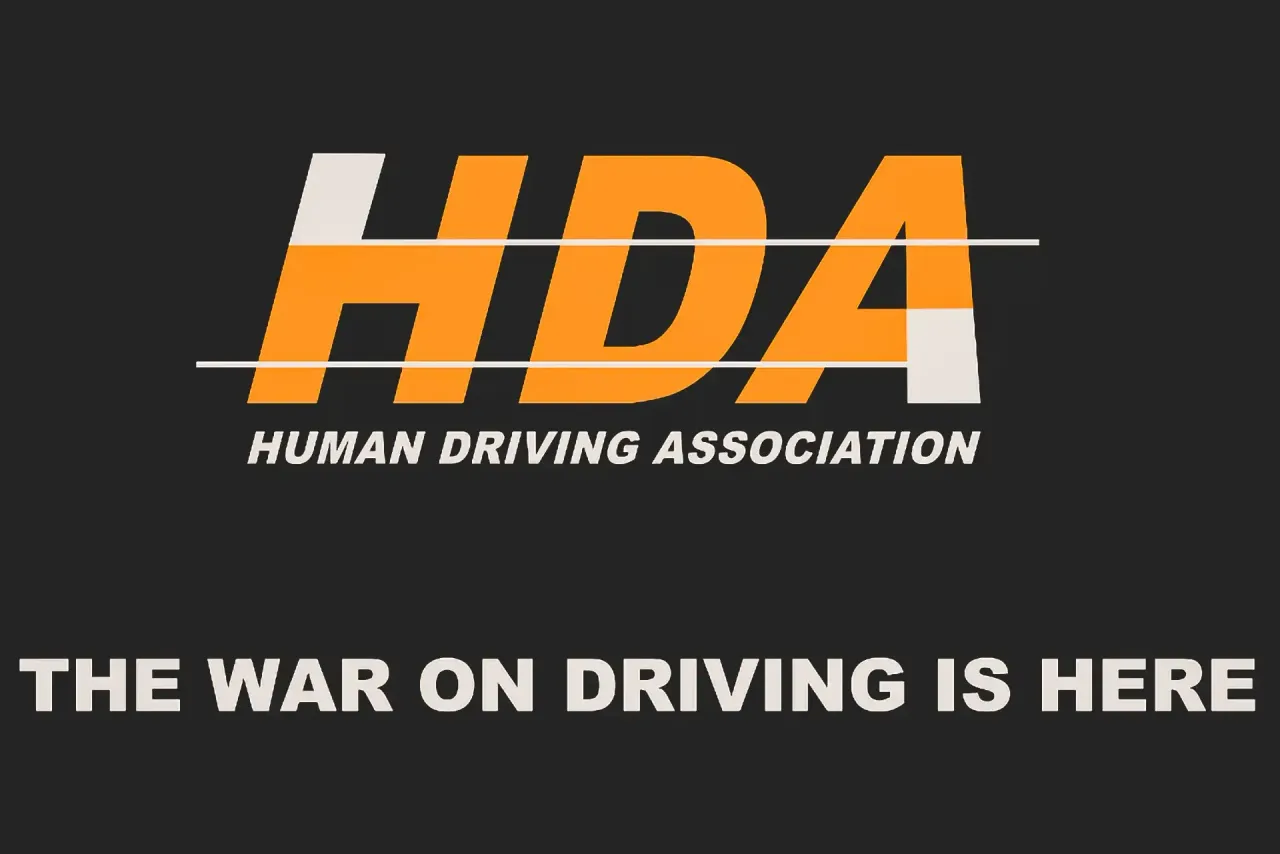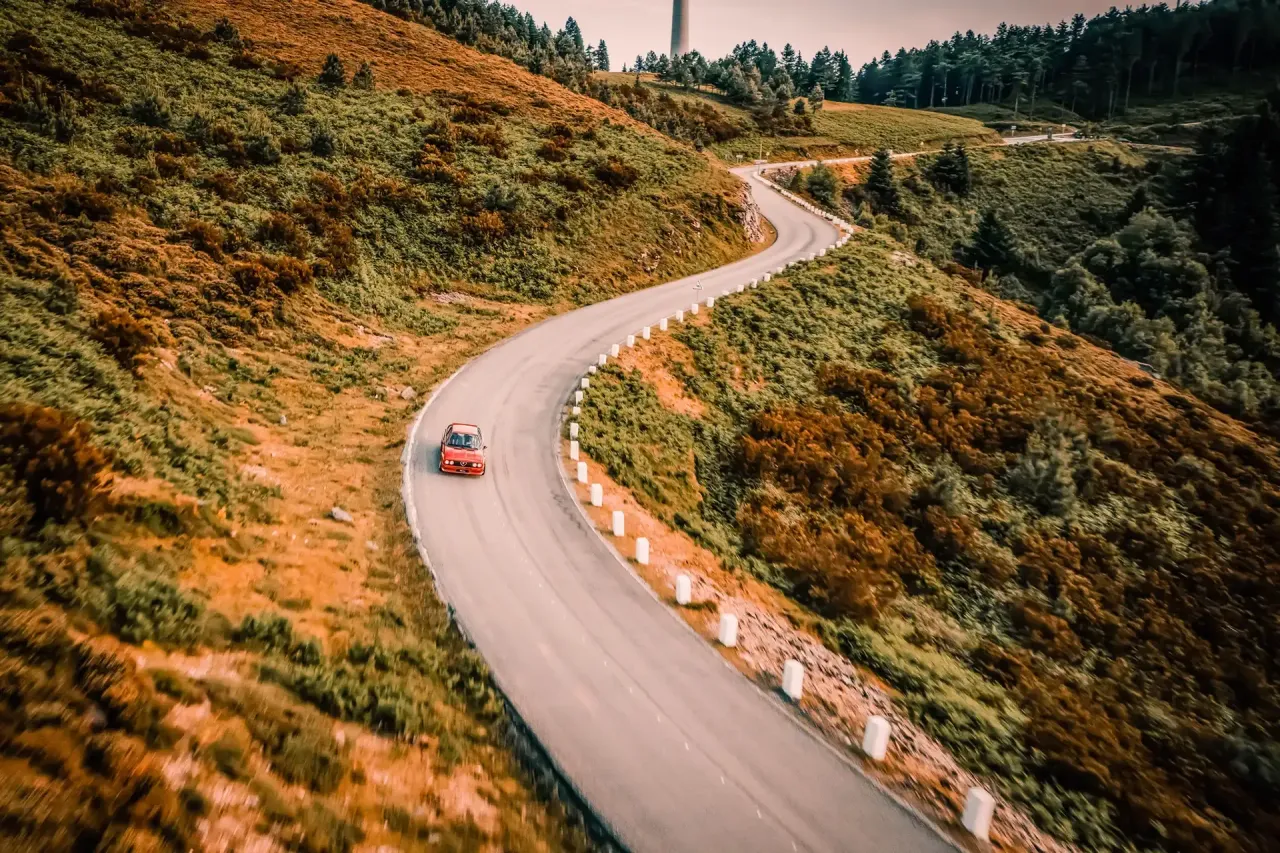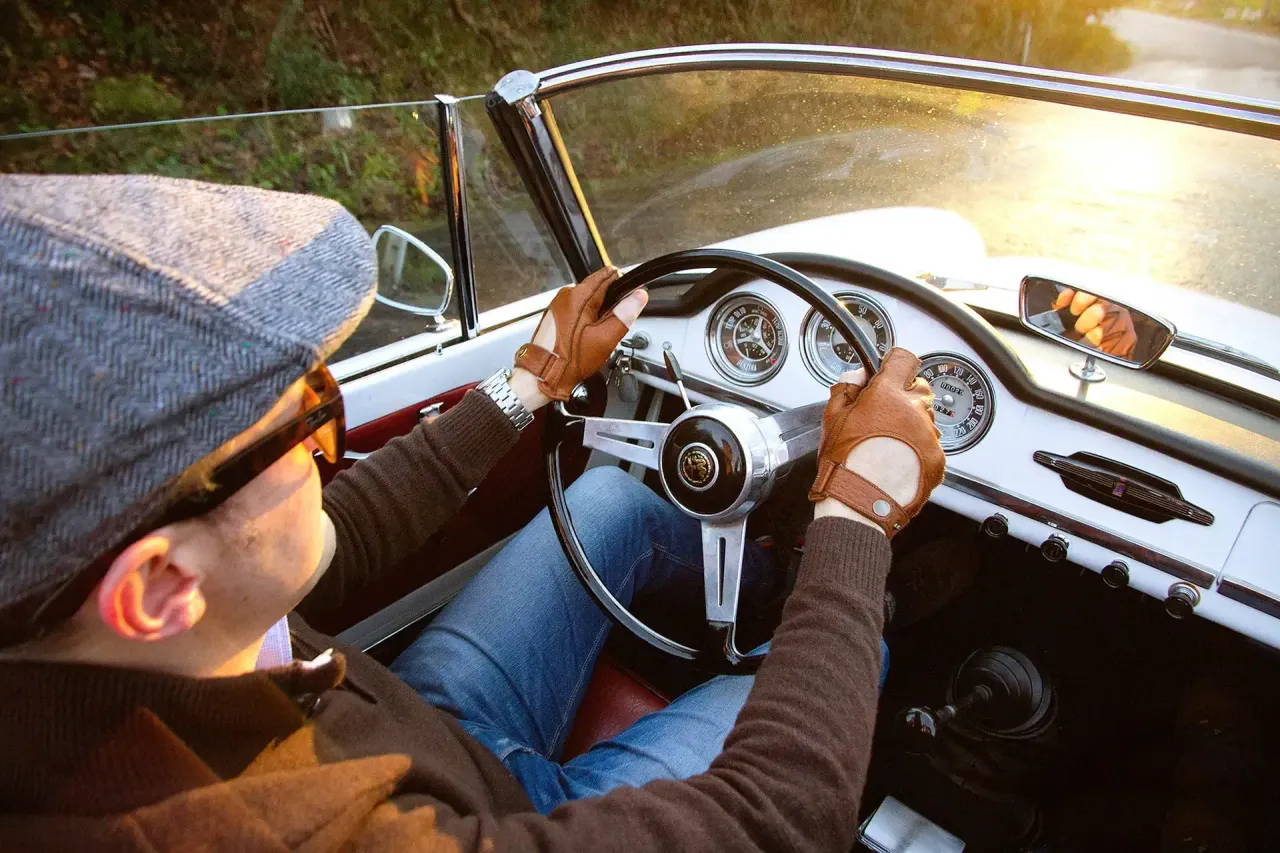"Human Driving Association", for the right to drive
Photos: Alma - Manuel Portugal / Rui Reis
The Human Driving Association (HDA) was founded in 2018 by Alex Roy, an automotive enthusiast who, in addition to being an author and TV presenter, is known for documenting his participation in events such as the Cannonball Run. He is also a controversial figure for having dedicated himself to breaking several records for distances taken on open roads, which has resulted in his driver's license being suspended several times.
The HDA emerged as a response to the rapid advancement of autonomous vehicles and the possibility that, in the near future, human driving may be restricted or even prohibited in the name of safety and efficiency.
Objectives and philosophy
The core mission of the HDA is to defend people's right to drive their own vehicles. The organization is not against technology, but argues that it should serve to improve the experience and safety of human driving, and not replace it completely. It proposes a “middle path” called augmented driving, where advanced driver assistance systems (such as automatic emergency braking or forward collision warning) assist but do not replace the human driver.
In its manifesto, the HDA claims to be pro-human, pro-technology and pro-safety, advocating an incremental approach to automation and improved driver training. It also proposes the inclusion of an “amendment” in the US Constitution that guarantees the right to drive, as long as it is within the limits of safety.
Context and Impact
The HDA emerged at a time when companies such as General Motors and Ford were already investing in Level 5 autonomous vehicles, that is, capable of operating without any human intervention.
Alex Roy launched the HDA as a form of lobbying for human driving, arguing that society needs an organized voice to protect the freedom to drive in an increasingly automated world.
The Human Driving Association represents a vision that values individual freedom, car culture and the pleasure of driving. While acknowledging the benefits of technology, the HDA warns of the risks of a hasty and total transition to automation, arguing that human driving should remain a legitimate option and protected by law.
Saving thousands of jobs?
Even though we are on the other side of the ocean and the actions of this association may not directly impact our lives (especially because Europe has - for now - more legal restrictions on autonomous driving), the truth is that it gives food for thought, especially because the fear of one day not being able to drive has certainly crossed the minds of all enthusiasts.
A fundamental argument for defending human driving is the fact that there is a huge business based on driving as a recreational, cultural and sporting activity.
A possible imposition of autonomous driving would mean the end of all car brands aimed at enthusiasts and, with it, the end of hundreds of events and business activities that are based on this hobby, destroying tens and tens of thousands of jobs. Socially and economically, the impact would be disastrous.
Is it too early to start defending the right to drive?
In the current times, the imposition of autonomous driving seems unlikely in the near future, but the pace of development of the industry suggests otherwise. We must not forget that autonomous taxis are already a reality in the United States.
However, suggesting the possibility of a future ban on human driving involves risks. In a way, fighting a problem that does not yet exist could be a way of precipitating it, if the cause is not well managed or if the messengers are not ideal, as seems to be the case.
Above all, a philosophical question
The value of a human life, whatever it may be, is indisputable, which in a way has justified legal changes that we do not always agree with. The question is to what extent restricting individual freedoms is the right answer. Are we doing everything possible in terms of education and awareness to save lives?
And if there is a restriction on human driving, why not limit it to certain contexts, allowing it to continue to exist in suitable circumstances, which are those that really give us pleasure: secondary roads, places with less population density, etc. In the time of the pioneers, cars were used more for recreation than for necessity, and they were gradually accepted by society despite this.
Furthermore, is it really legitimate to go to the limit of freedom in the name of safety? I know that to someone who has already lost a family member in a traffic accident, this argument may sound abject, but analyzing it in an abstract way, what is worse for society: the risk of death due to an accident, or the consequences of eliminating the risk?
How many legitimate and unregulated human activities can result in the death of those who practice them or of third parties? Why does driving have to be worse and more worthy of abolition than an extreme sport?
Even sex, the most basic and essential of human activities, carries serious risks of death for those involved and for third parties. Should we also abolish it?
Do we really want a zero-risk society?











